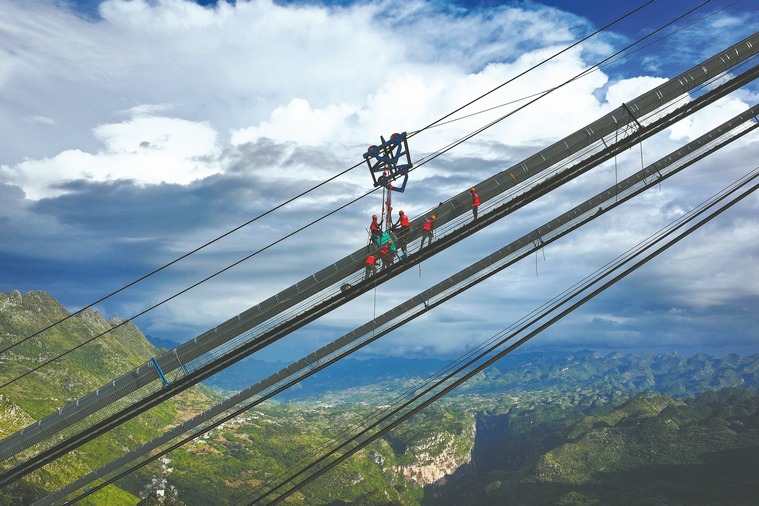From hunters to rangers: striving for wildlife protection


The villagers also felled big trees for sales while small ones were chopped for firewood. The temperature in the mountain was quite low in the winter, and each household burned an average of 7 tonnes of firewood every year, which meant one household would deforest some 0.07 hectare of land.
"As we hunted farther into the forest and logged more, we could see fewer animals," said Du.
In 1988, China enacted a wildlife conservation law in an effort to strengthen wildlife protection.
But it was not easy for the villagers to bid farewell to their traditional way of life, and people were initially reluctant to change. Zhong was sentenced to seven years in prison in the early 1990s for illegal hunting.
Deforestation also peaked around that time, and nature's revenge soon followed. In 1992, a once-in-a-century flood hit the village, ravaging many households.
The natural calamity came as an alarm bell for the locals, and it prompted them to stop logging and poaching activities that were wreaking havoc on the environment.
In retrospect, Zhong, now 60, deems his captivity a fortunate stroke of serendipity as it made him realize the drastic effects of wildlife hunting. "If the animals were extinct due to our hunting, how could our future generations know about the species like giant panda or argali?"























